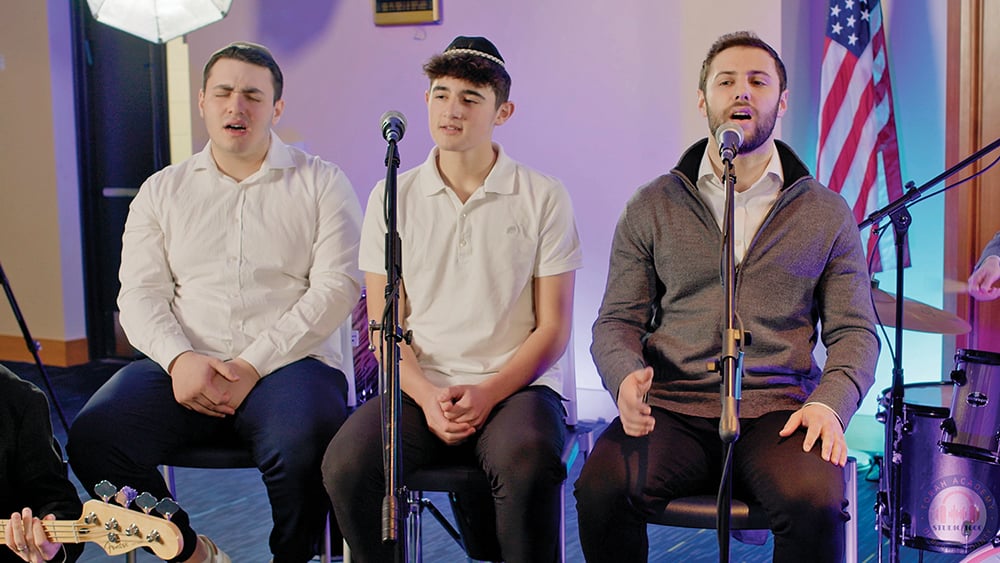
(Andrew Friedman/TPS) 1949 – Prime Minister David Ben-Gurion agrees to exempt haredi yeshiva students from military service at the height of the War of Independence, to be capped at 800 exemptions per year
1977– Menachem Begin’s Likud Party comes to power, replacing the Labor Party for the first time in the country’s history. Begin agrees to rescind the exemption cap, leading to a spike in haredi students who do not serve.
1998 – Number of exemptions reaches 30,000
1999 – Tal Law is passed, following a series of court motions to declare the blanket draft exemptions illegal as a violation of the provisions of equality ensured under the Declaration of Independence. Law is a temporary measure, to be reviewed every five years, giving yeshiva students the option to push off a decision about military service until the age of 22, at which time they could choose to undergo vocational training and perform a shortened stint in the IDF, followed by annual reserve duty. Students who rejected this option would be given the option of performing a year of civilian national service, after which they would be allowed to join the workforce.
In July 2005, the state admitted that the law had not affected significant change in enlistment rates from the haredi community.
2012– Tal Law expires
2013 – Yesh Atid party forms, puts “equality of service” at center of election platform. Party wins 19 Knesset seats, forces Netanyahu to leave haredi parties out of the government.
2014 – Knesset approves Equality of Service Law, setting annual quotas for haredi enlistment and criminal charges for draft dodgers by 2017.
2015 – Netanyahu calls early elections, replaces Yesh Atid with United Torah Judaism and Shas parties who condition joining the coalition on amending the law. Implementation of the law is pushed off to 2023.
2017 – Supreme Court strikes down 2015 amendment, gives the government one year to implement the original 2014 law.
Israel Innovation Authority Aims to Double High-Tech Workforce in 10 Years
(JNS.org) The Israel Innovation Authority released its 2017 annual report Monday, detailing the government’s plans to double the country’s high-tech workforce during the next decade.
According to the report, Israel’s high-tech industry is experiencing “unprecedented success.” Yet, at the same time, the Israeli economy risks grinding to a halt, and the so-called “start-up nation” is in danger of losing its coveted status as one of the world’s foremost high-tech innovators.
With this in mind, the Innovation Authority aims to boost Israel’s current 270,000 high-tech employees to more than half a million.
Israel is currently ranked first in the world in research and development (R&D) and venture capital investments as a percentage of gross domestic product, with more than 600 new start-up companies being founded in the country every year. The Jewish state is also home to more than 300 R&D centers belonging to tech giants such as Facebook, Microsoft, Intel, Google, IBM and Apple. Israel is also ranked second on the World Economic Forum’s innovation index.
To boost high-tech employment, the Innovation Authority suggested further integrating certain sectors of Israeli society into the high-tech arena—namely, groups that are underrepresented in the field, including haredi Jews, Arabs and women.
The report also outlined methods for assisting local start-ups with growing into larger companies.










